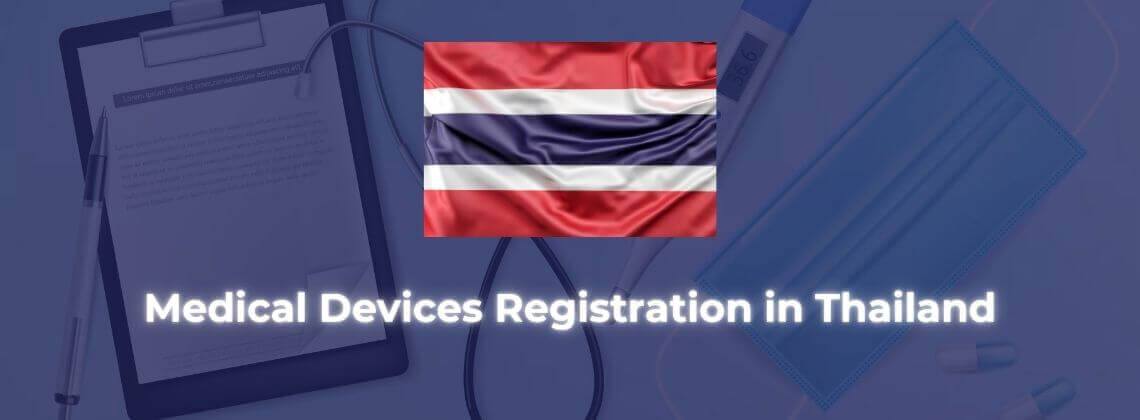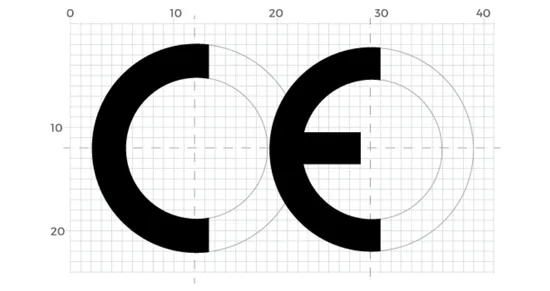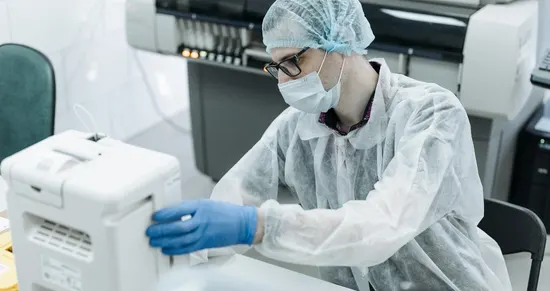Overview of Thailand’s Medical Device Market
Thailand’s medical device market is a rapidly growing sector, valued at approximately USD 2.3 billion in 2024 and projected to expand at a CAGR of 6–7% through 2029. The market is driven by an aging population, rising chronic diseases, and the country’s position as a leading medical tourism hub. Imports dominate the high-tech device segment, while exports focus on disposables like gloves and syringes. Government initiatives such as Thailand 4.0 and support from the Board of Investment (BOI) are encouraging local production and innovation. Regulatory alignment with ASEAN standards further supports market growth and international competitiveness.
Thailand Medical Device Classification System
Thailand’s medical device classification system, regulated by the Thai FDA under the Medical Device Act B.E. 2551 and aligned with the ASEAN Medical Device Directive (AMDD), categorizes devices into four risk-based classes. Class 1 (lowest risk) includes non-invasive tools, Class 2 covers low-to-moderate risk devices, Class 3 involves moderate-to-high risk devices, and Class 4 includes high-risk or life-sustaining products. Classification is based on intended use, invasiveness, duration of contact, and risk level. Each class requires varying documentation and review procedures, with higher classes undergoing more stringent pre-market assessments. This system ensures safety, efficacy, and regulatory clarity for market access.
Thailand FDA Medical Device Registration Process
- Classification: Devices are categorized into Class 1 (lowest risk) to Class 4 (highest risk) based on ASEAN AMDD.
- Local Representative: Foreign manufacturers must appoint a Thai Authorized Representative.
- Pre-Submission: Prepare documentation, including technical files, labeling, and quality certificates.
- e-Submission: Submit application via Thai FDA’s online system.
- Review Process:
– Class 1: Notification with minimal review.
– Class 2–4: License application with detailed evaluation.
- Approval Timeline: Varies by class (weeks to several months).
- License Validity:
– Class 1: 5 years
– Class 2–4: 4 years
Government Authority
In Thailand, the Medical Device Control Division (MDCD) of the Thai Food and Drug Administration (FDA) oversees the medical device registration process. This regulatory framework is guided by the Medical Device Act B.E. 2551 (2008) and further updated by the Medical Device Act/ Ordinance B.E. 2562 (2019) (Issue 2). Recent regulatory revisions, effective February 15, 2021, align more closely with the ASEAN Medical Device Directive (AMDD).
Thailand’s medical device registration process requires adherence to stringent standards set forth by the MDCD. Manufacturers seeking market approval must meticulously prepare documentation and ensure compliance with regulatory requirements. The MDCD conducts thorough evaluations to assess the safety, quality, and efficacy of medical devices before granting registration.
Upon successful completion of the registration process, manufacturers receive approval from the MDCD to market and distribute their medical devices in Thailand. It is essential for companies exporting products to Thailand to understand and comply with these regulations to facilitate seamless entry into the Thai market.
Continuous monitoring and compliance with post-registration requirements are imperative to maintain market authorization and ensure the ongoing safety and efficacy of medical devices in Thailand. By navigating the medical device registration process in Thailand effectively, manufacturers can access a thriving market and contribute to improving healthcare standards in the region.
Product Categorization
In Thailand, medical devices are categorized into four classes (1 through 4) based on the level of risk, closely aligned with ASEAN MDD guidance. While Annex 2 of the ASEAN MDD provides general classification criteria, additional Thai-specific rules are available. Below are key guidance documents outlining classification criteria for each category:
| Guidance Document Name | Purpose | Link |
| Ministerial approval needed for listing medical devices. | Defines criteria for Class 1, Listing. | Thai |
| Ministerial Regulations mandate Notification Approval for Medical Devices. | Specifies criteria for Class 2 or 3, Notification category. | Thai |
| Ministerial Regulations mandate License Approval for Medical Device Products. | Defines criteria for Class 4, Licensing category. | Thai |
These guidance documents provide essential information for companies seeking medical devices registration in Thailand, ensuring compliance with local regulatory standards.







